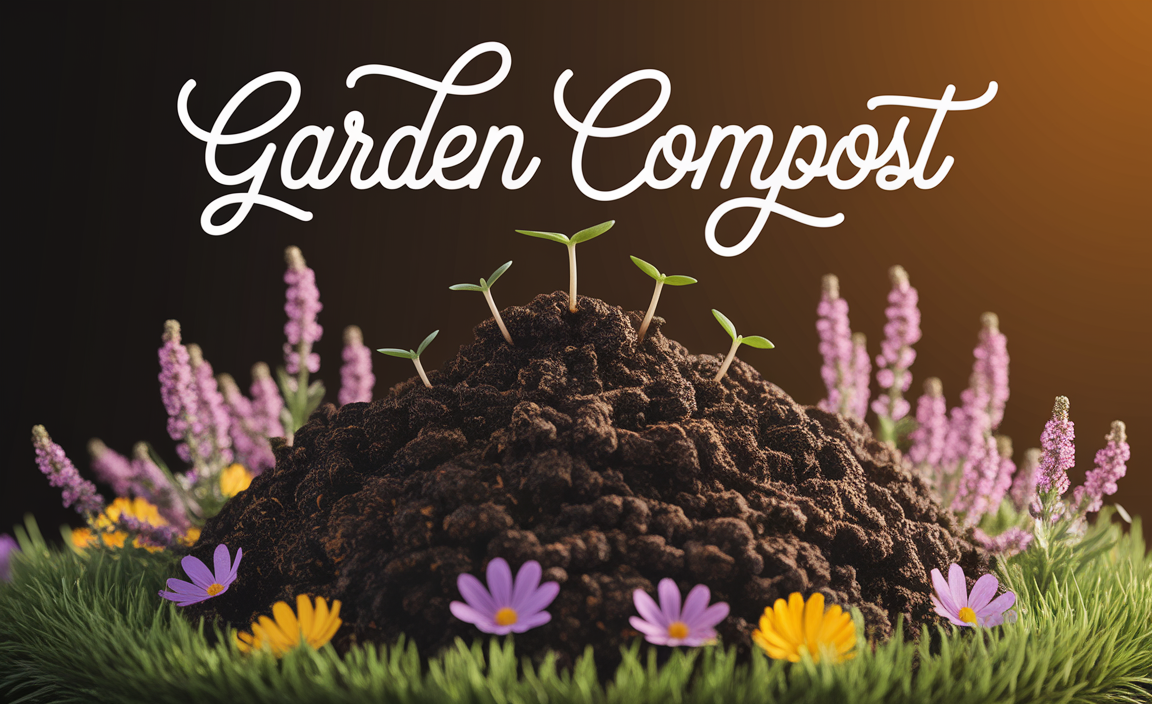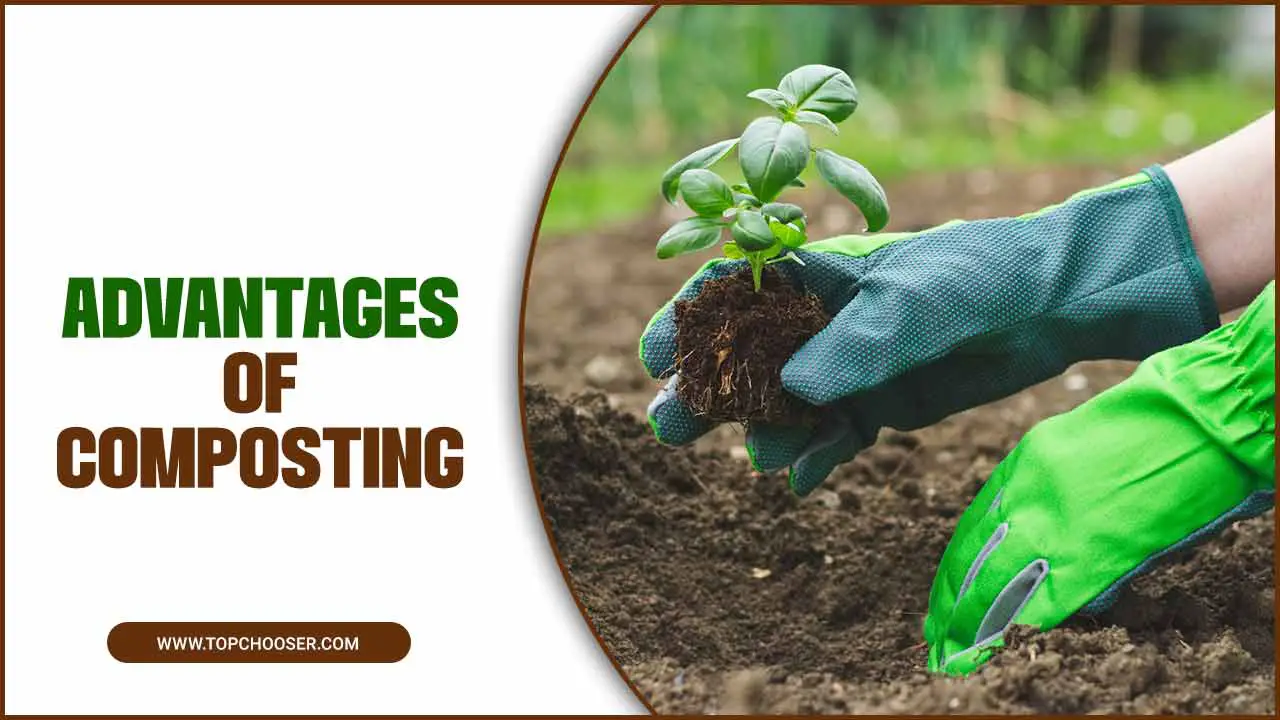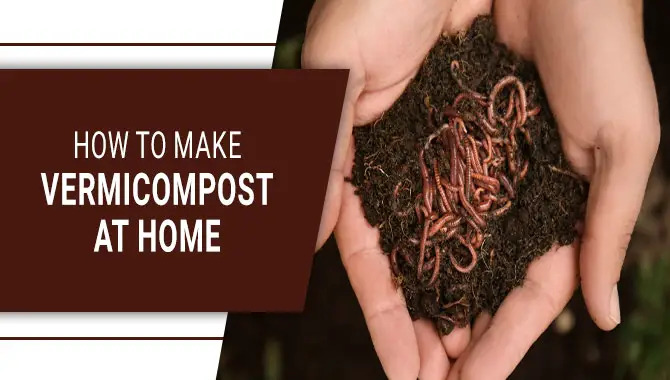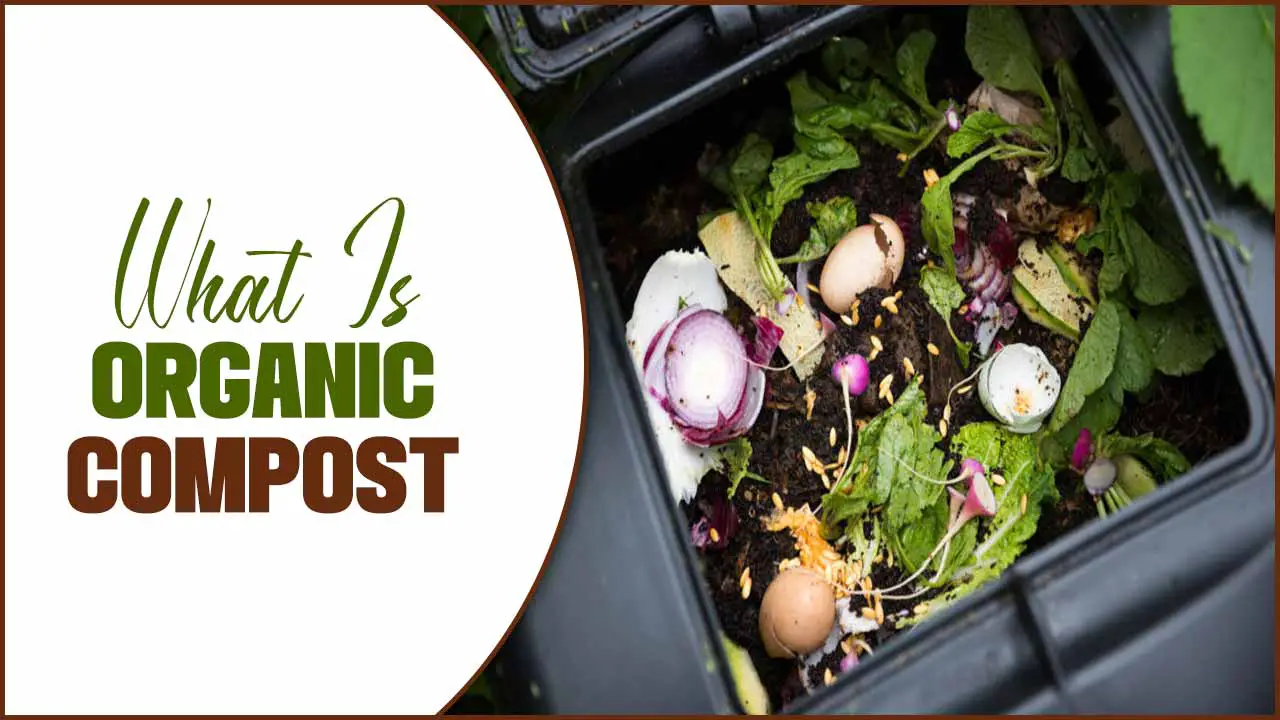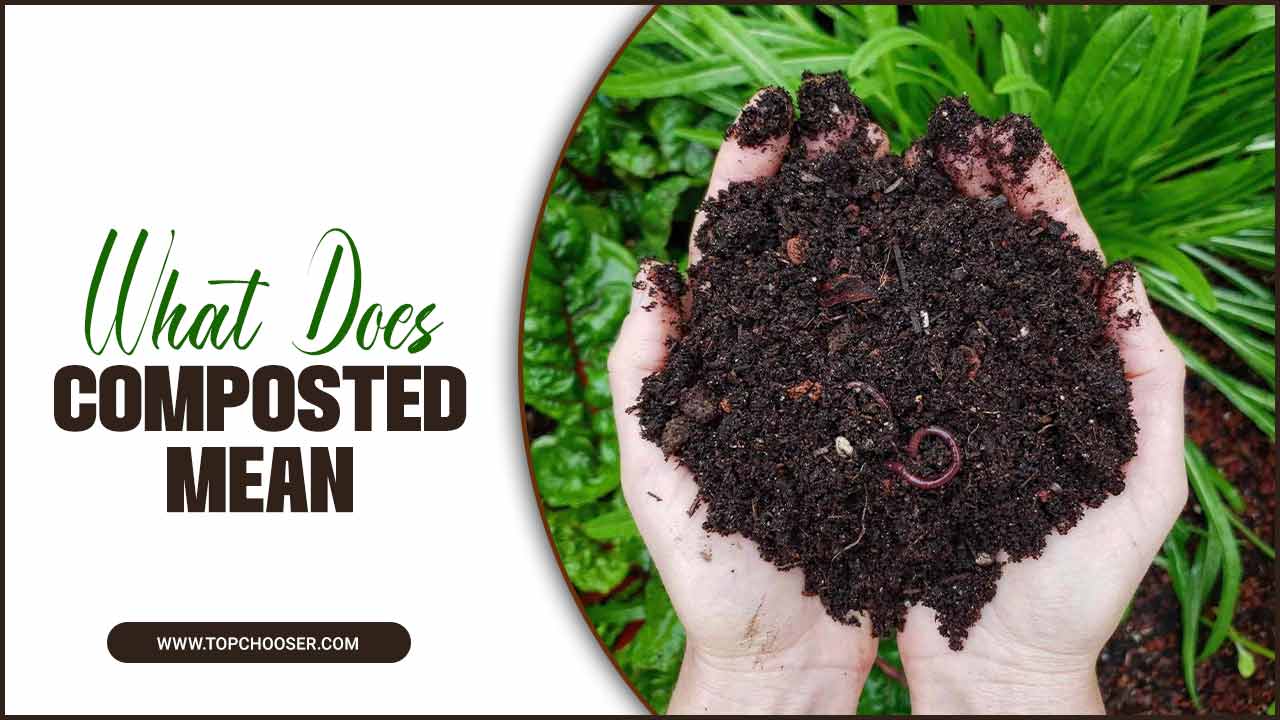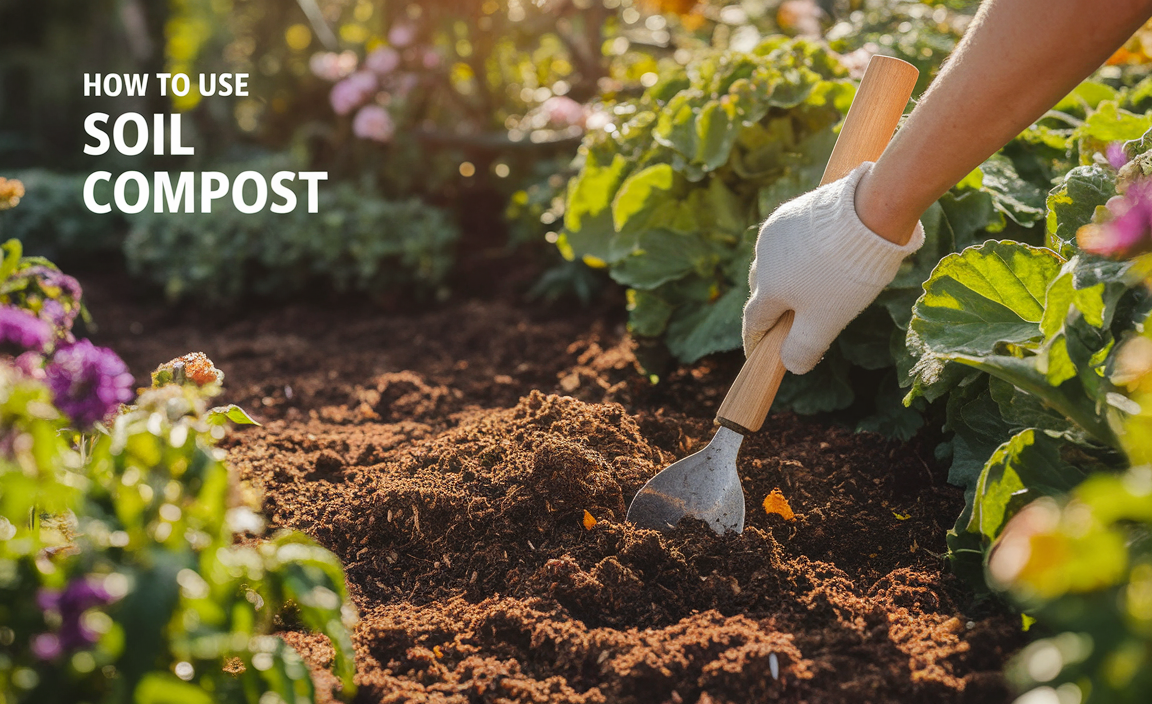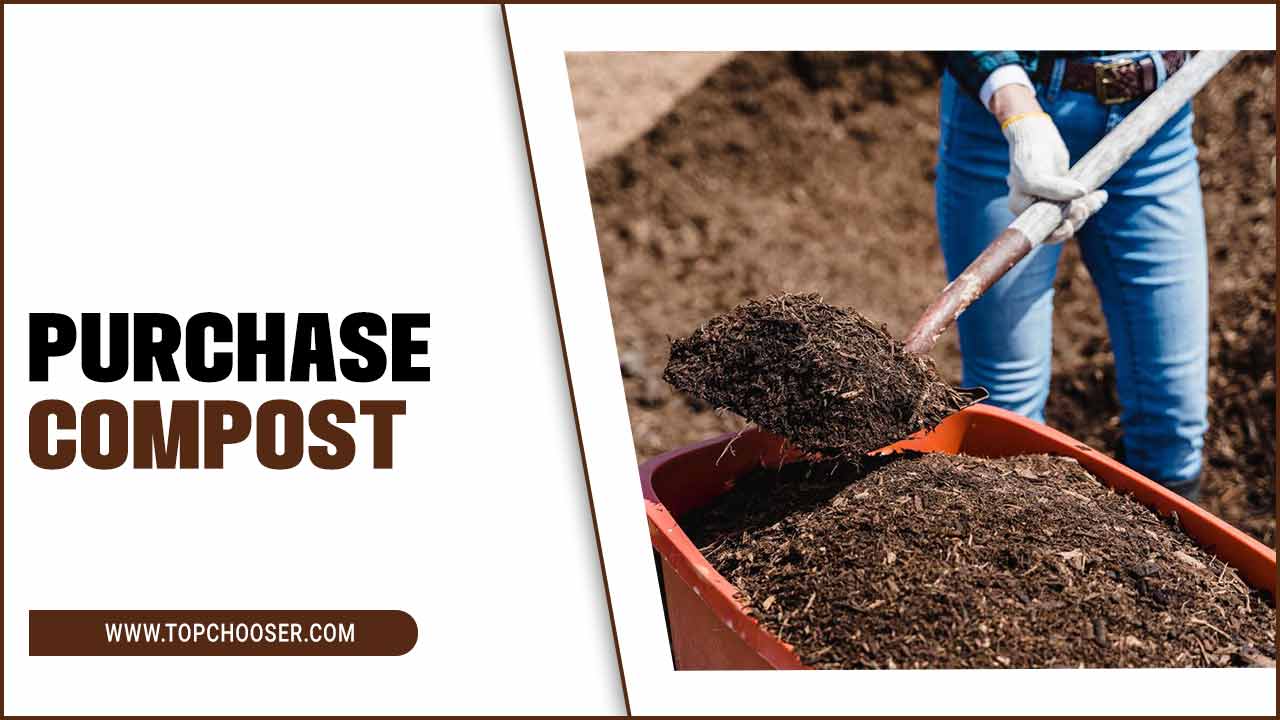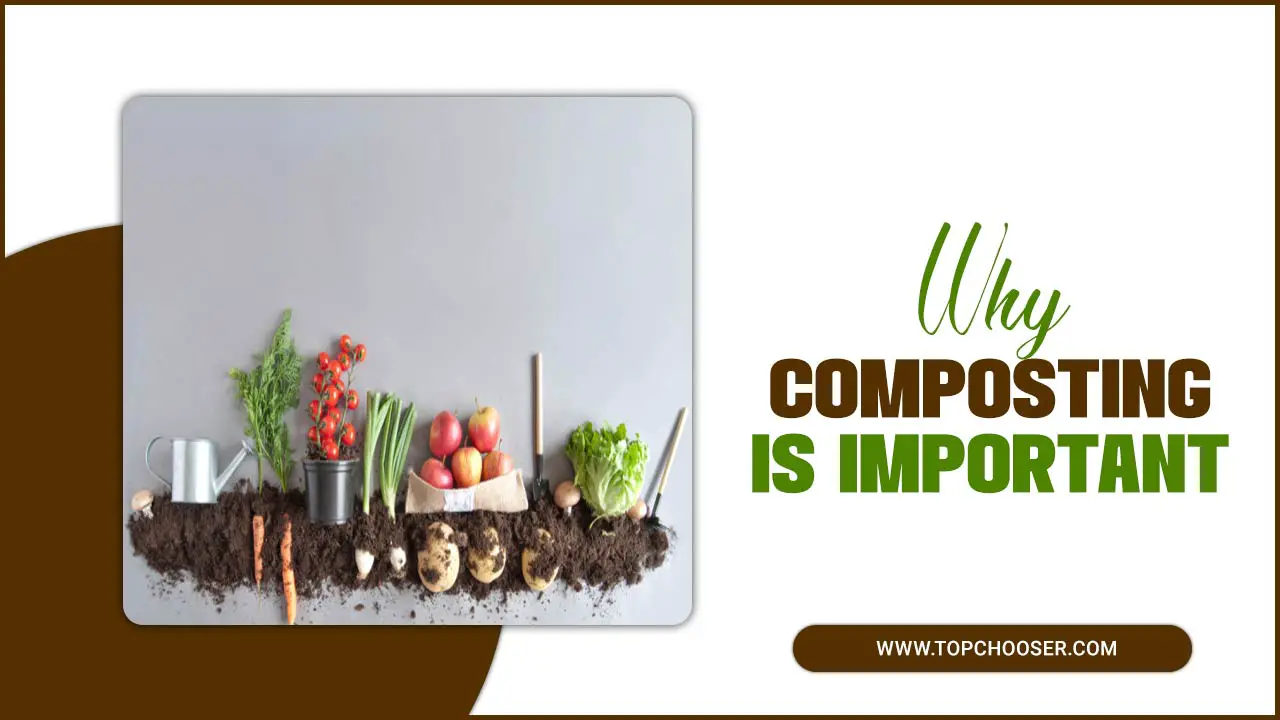Composting is the process of breaking down organic materials into a nutrient-rich soil amendment. It is a sustainable practice that benefits both the environment and agriculture. The production process of composting involves a series of steps that require careful attention to detail.
Each step plays a crucial role in producing high-quality compost, from selecting the right materials to monitoring the temperature and moisture levels. However, the real value of composting goes beyond the final product.
We will start by examining the composting process by products of composting. We will discuss the importance of selecting the right materials, the role of microorganisms in breaking down organic matter, and the optimal conditions required for successful composting.
From compost and humus to worm castings and methane. We will discuss how these by-products can use in gardening, agriculture, and even as renewable energy sources.
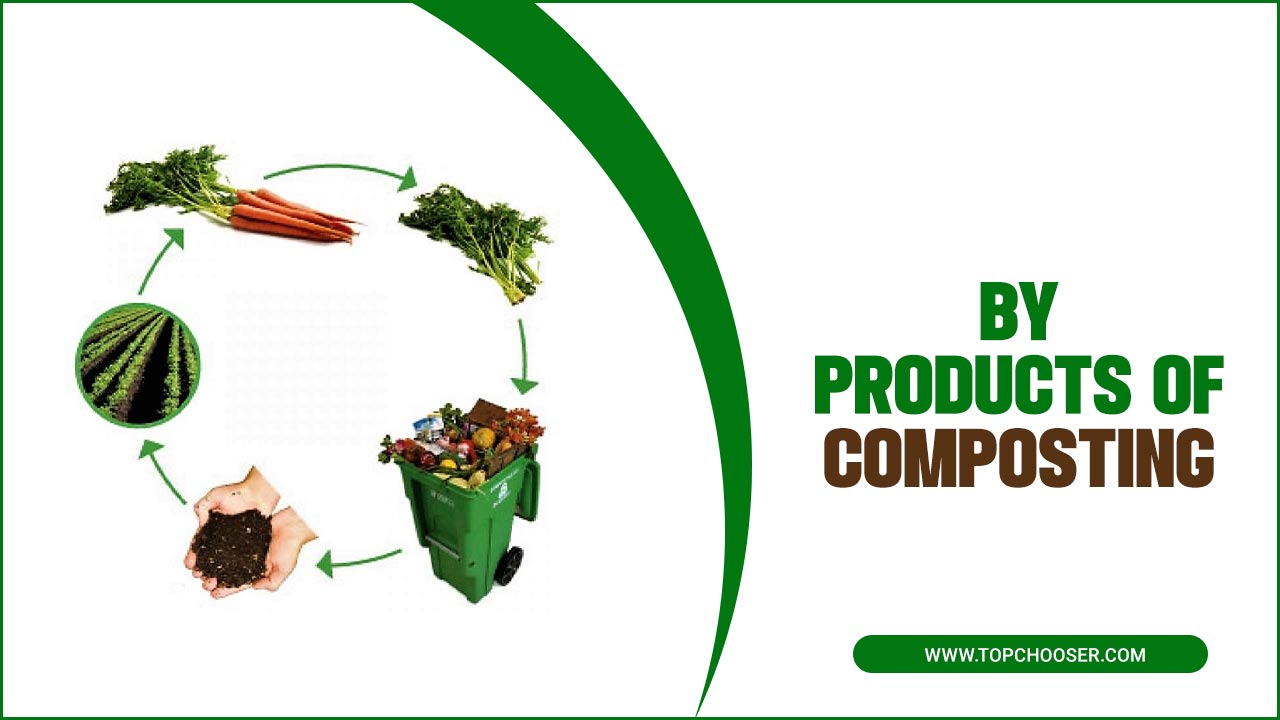
What Are The By Products Of Composting That We Can Get From Decomposting
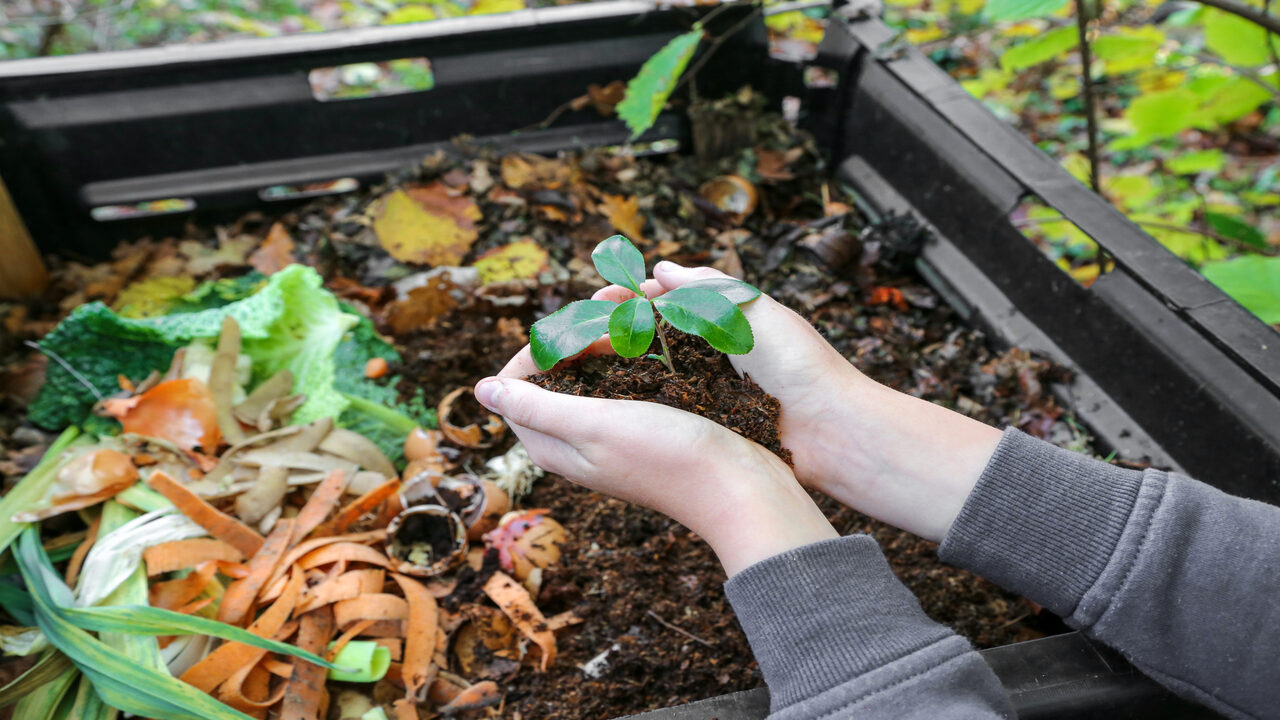
Composting is a fantastic way to reduce waste and create nutrient-rich soil for gardening. The by-products of composting are incredibly beneficial and can use in various ways. Compost is one of the main by-products, which is the end result of the decomposition process.
Compost is a dark, crumbly substance filled with nutrients and organic matter, making it an excellent natural fertilizer for plants. It helps improve soil structure, retain moisture, and enhance plant growth. Another by-product of composting is leachate, which is the liquid that drains from the compost pile.
Leachate can be collected and used as a plant liquid fertilizer or diluted with water for irrigation rather than considered waste. Lastly, composting also produces heat as the organic matter breaks down.
You can harness this heat through hot composting or vermicomposting to generate energy or warm greenhouses during colder months. As you can see, sustainable gardening practices can use the numerous benefits of composting by-products in many ways.
Types Of Compostable Materials
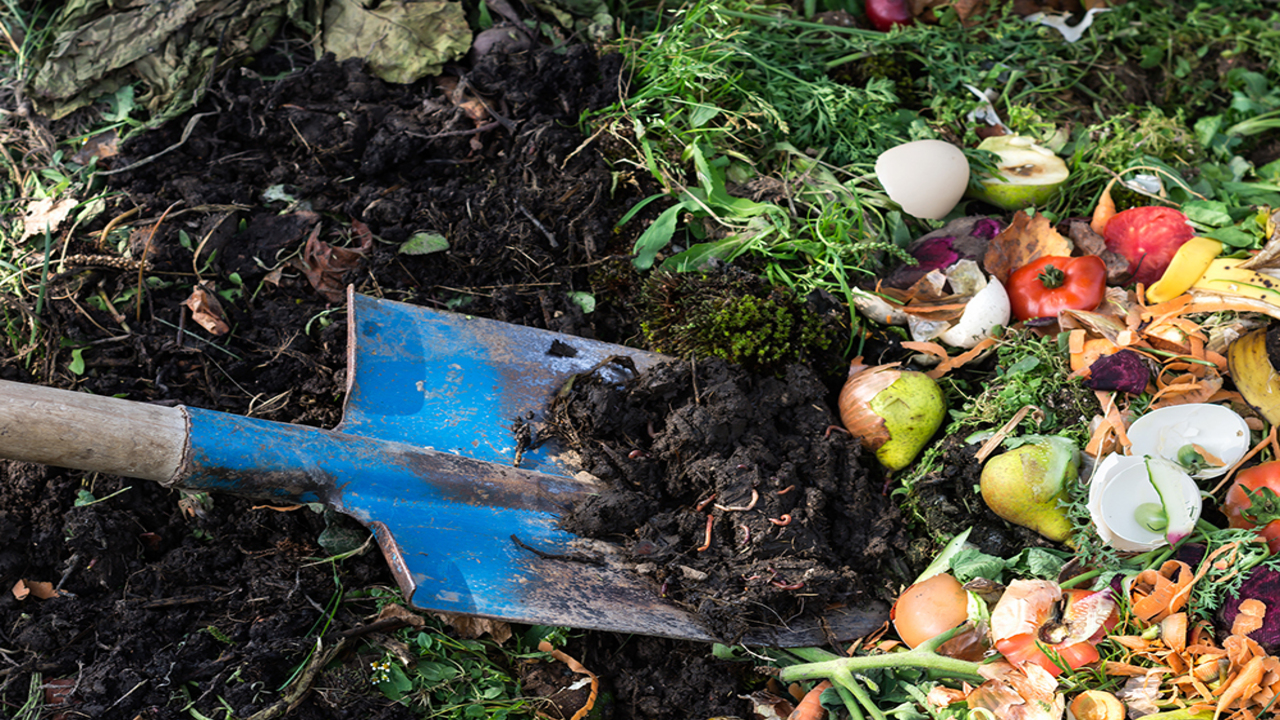
Composting is a natural process that involves the decomposition of organic materials to create compost, which is a nutrient-rich soil amendment. The production process of compost entails collecting and combining various types of compostable materials.
These materials include kitchen scraps, yard waste, leaves, grass clippings, and plant trimmings. Microorganisms break down the organic matter, releasing heat and producing carbon dioxide and water vapor as byproducts. The result of composting is a dark, crumbly substance that can enrich the soil and improve plant growth.
In addition to compost itself, there are several other beneficial byproducts of composting, such as mulch. There are two things: one is helping retain moisture in the soil, and the other is biogas. Which can use as an alternative energy source.
The Decomposition Process
The decomposition process of composting involves the breakdown of organic materials, such as food scraps and yard waste, by microorganisms. This natural process generates heat, which helps to kill off pathogens and weed seeds.
Throughout the decomposition process, the process produces certain by-products. One of these by-products is humus, a dark and crumbly substance that results from composting. Humus is rich in nutrients and is crucial in improving soil structure and fertility.
Additionally, organic matter decomposition releases carbon dioxide into the atmosphere and also leads to the release of water vapor. These by-products are important components of the composting process.
Compost And Humus
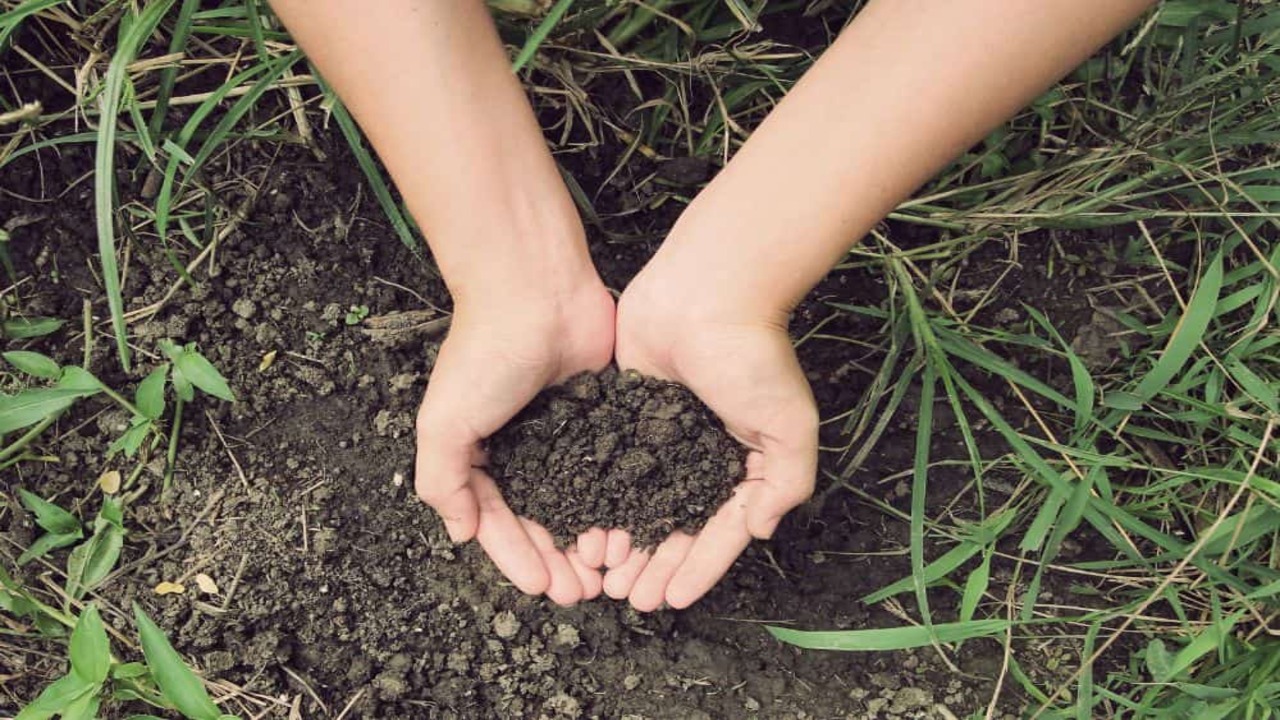
Composting is a natural process that involves the decomposition of organic materials. One of the main by-products of composting is compost, which is a nutrient-rich soil amendment. Organic materials such as food scraps, yard waste, and manure break down to create it.
Microorganisms play a vital role in composting, breaking the organic matter into a dark, crumbly substance rich in essential nutrients like nitrogen, phosphorus, and potassium. Compost can improve soil fertility and structure in gardens, flower beds, and potted plants.
Another by-product of composting is humus, the stable organic material that remains after the decomposition process is complete. Humus helps improve soil structure and promotes root development by increasing water-holding capacity.
Uses Of Compost And Humus
Composting is not only a sustainable way to manage organic waste. But it also generates valuable by-products that different industries can utilize. One of the main by-products of composting is compost, a nutrient-rich soil amendment that can improve soil fertility, structure, and moisture retention.
Compost can be applied to gardens, lawns, and agricultural fields to promote healthy plant growth and reduce the need for chemical fertilizers. Another by-product of composting is humus, the dark, organic material that remains after decomposition.
Humus helps to bind soil particles together, improving soil structure and preventing erosion. It also acts as a reservoir for nutrients and water, ensuring that plants have access to what they need for optimal growth. Overall, the by-products of composting are valuable resources that can contribute to sustainable agriculture and landscaping practices.
Using Compost Tea As A Fertilizer
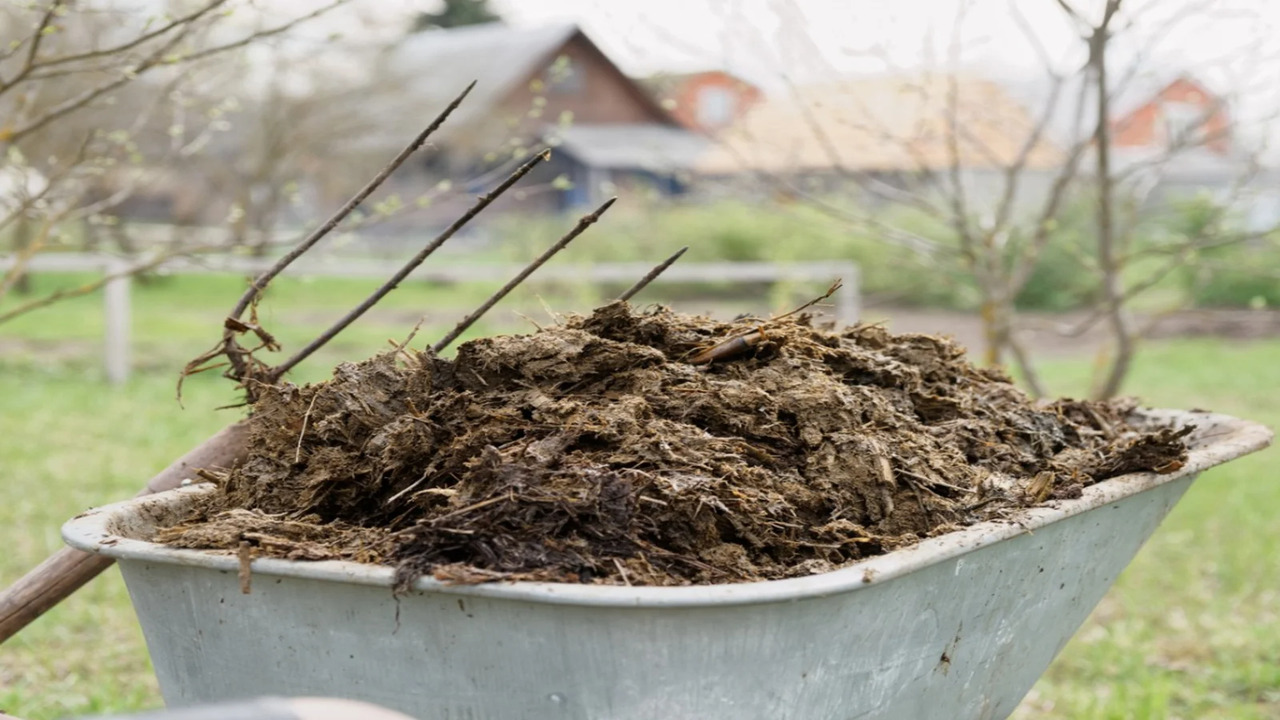
Composting is a natural process that transforms organic waste into nutrient-rich soil. While the main product of composting is the compost itself, other valuable by-products can be derived from this process.
One such by-product is compost tea, created by steeping compost in water and then straining out the solid materials. Compost tea is rich in beneficial microorganisms and nutrients, making it an excellent plant fertiliser.
When applied to the soil or sprayed onto plants, compost tea can help improve soil health, enhance plant growth, and increase resistance to diseases and pests. It is a cost-effective and environmentally friendly way to nourish your garden and promote sustainable gardening practices. So next time you’re composting, don’t forget about the potential benefits of using compost tea as a fertilizer.
Vermicomposting And Worm Castings
Vermicomposting is a type of composting that utilizes worms to break down organic materials. As the worms consume the organic matter, they produce nutrient-rich castings known as worm compost or vermicompost. These worm castings are a valuable byproduct of vermicomposting and serve as a natural fertilizer for plants. Beneficial microorganisms and enzymes pack them. And nutrients that promote plant growth and enhance soil health.
By incorporating worm castings into your garden or potted plants, you can improve soil structure, retain moisture, and provide essential nutrients for healthy plant growth. Vermicomposting is a sustainable waste management practice that produces high-quality compost while reducing landfill waste.
Additional By-Products Of Composting: Methane And Biogas
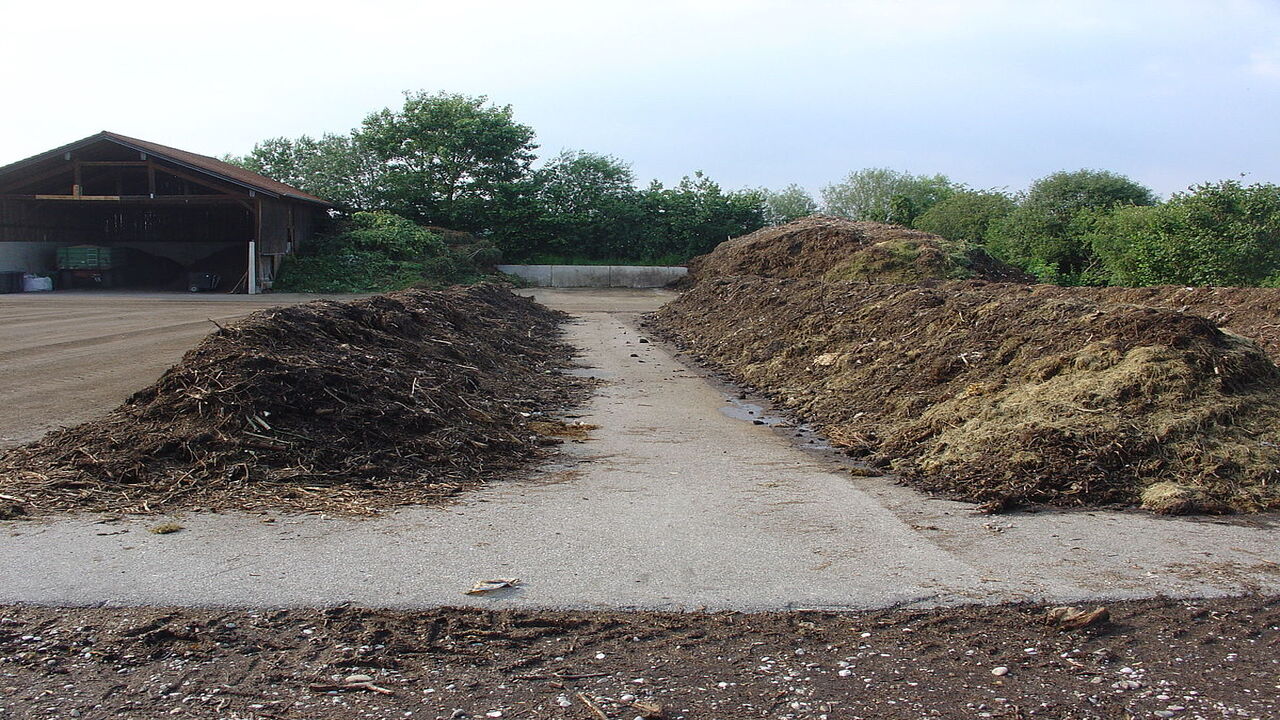
During the composting process, various by-products are generated along with nutrient-rich compost. One of these by-products is methane gas, produced during anaerobic decomposition. This occurs when organic materials break down without oxygen.
Methane gas can be captured and used as an energy source for heating or generating electricity. Another by-product is biogas, a mixture of methane and carbon dioxide. Biogas can also be handy as a renewable energy source for cooking, heating, or powering vehicles. These additional by-products of composting provide alternative energy sources and contribute to sustainable waste management practices.
Conclusion
Composting is not just about creating nutrient-rich soil, but it also produces various valuable by-products. By decomposing organic materials, you can obtain compost and humus, which are excellent for enriching soil quality and promoting plant growth. Additionally, compost tea can be used as a natural fertilizer to provide essential nutrients to your plants.
Vermicomposting introduces worms in the decomposition process, resulting in high-quality worm castings that serve as an exceptional soil amendment. Furthermore, composting generates methane and biogas, which can be harnessed as alternative energy sources. We have provided bulk information for by products of composting and hope our information was helpful from your perspective.
Frequently Asked Questions
[rank_math_rich_snippet id=”s-a90cf0b8-200c-41a3-aacc-25cace18cbf2″]

I am passionate about home engineering. I specialize in designing, installing, and maintaining heating, ventilation, and air conditioning systems. My goal is to help people stay comfortable in their homes all year long.

